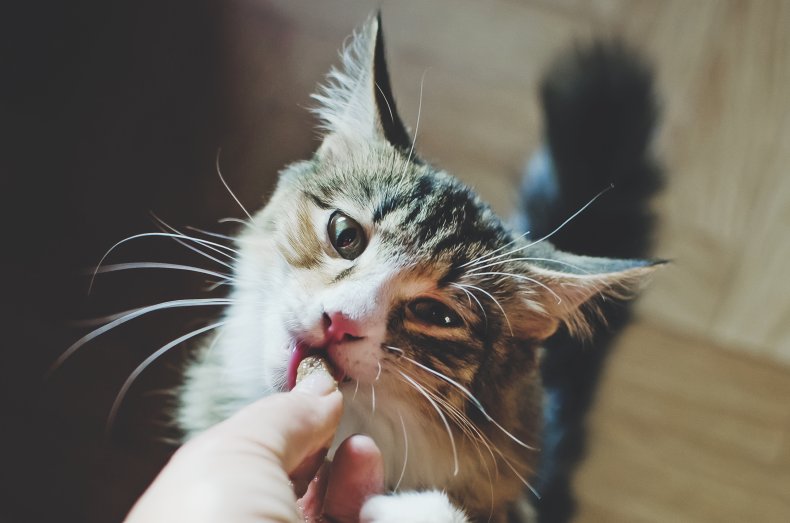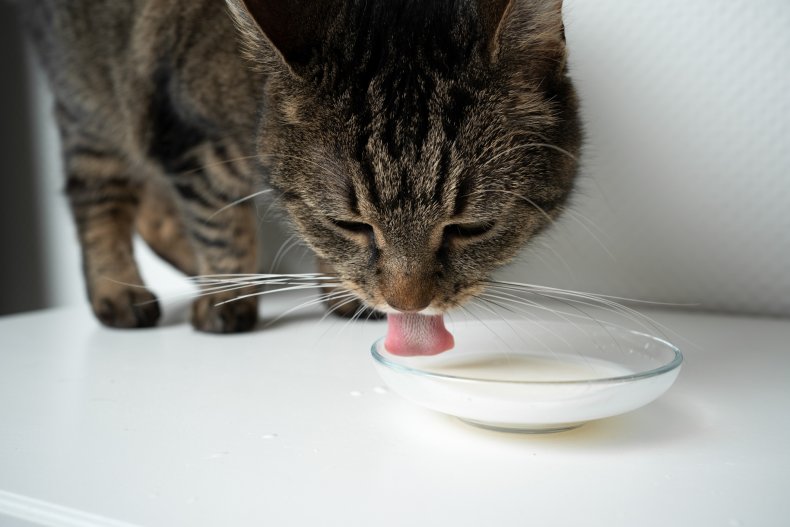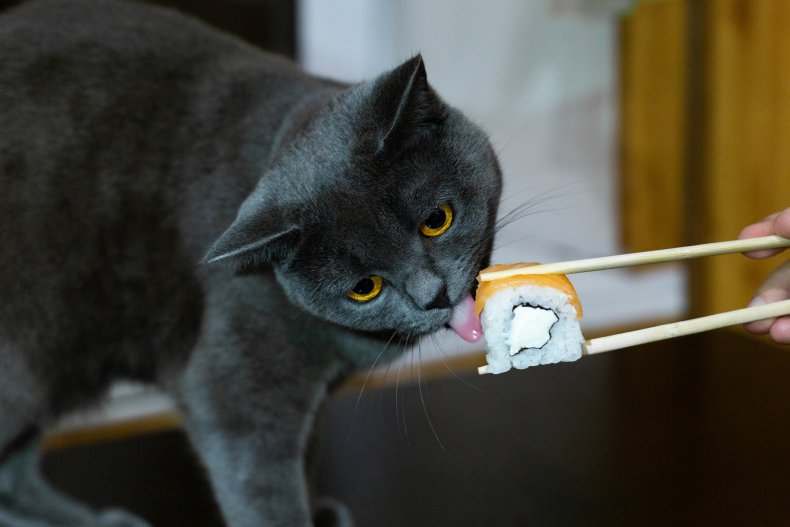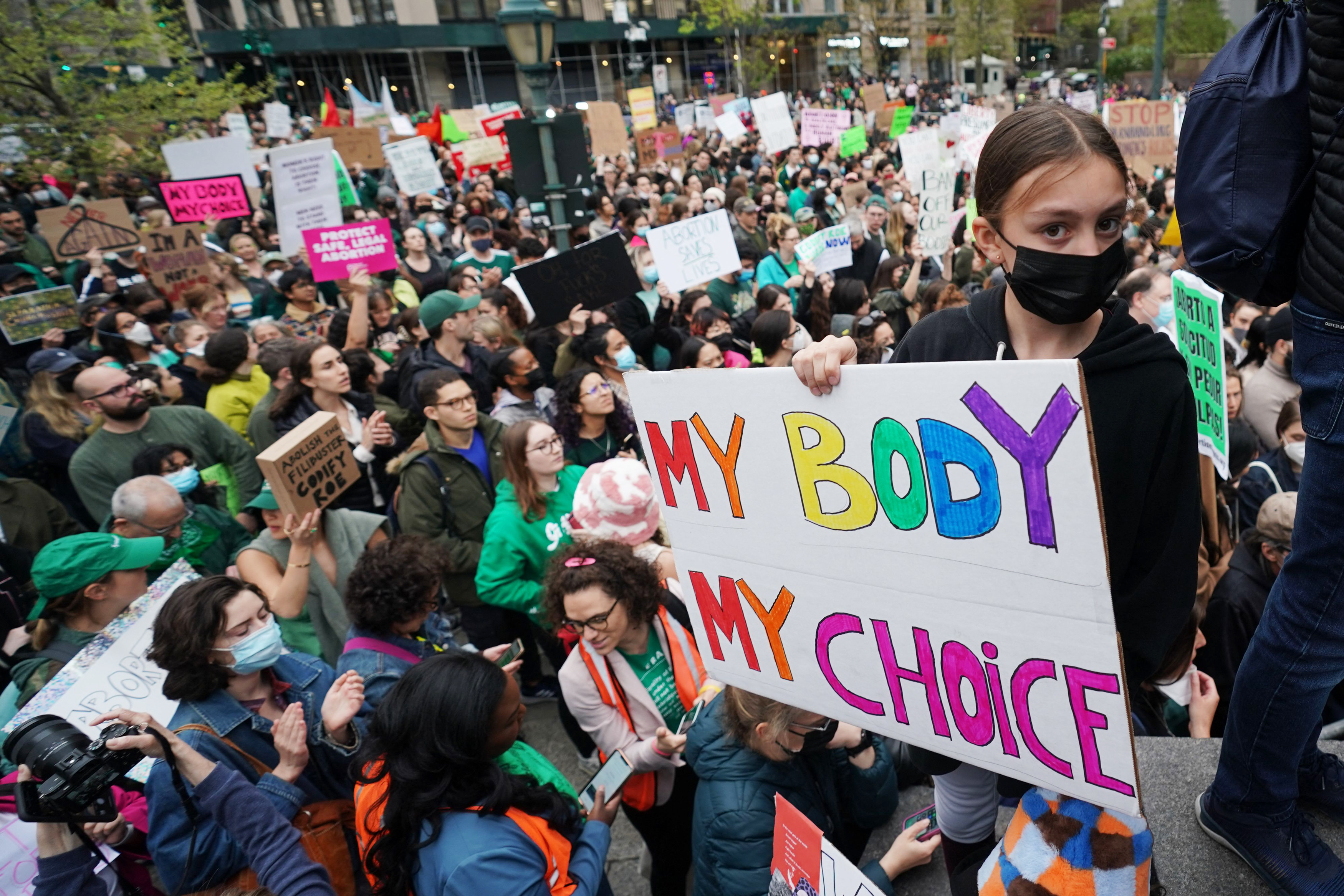If your favorite cartoon cat is fond of milk—right Garfield, Tom, Sylvester?—surely that means your feline pet will too... Not so fast, says one veterinarian who warns against common food myths about cats as they can shorten their lifespan.
While most owners know to avoid toxic foods such as grapes, chocolate and onions, it turns out everything from your brand of cat food to the type of meat can have an impact on their well-being.
"The ideal diet for a cat is one that is predominantly meat-based and is minimally processed such as raw, freeze-dried, or lightly cooked," Dr. Gary Richter—veterinarian and founder of Ultimate Pet Nutrition and the author of Longevity for Cats—told Newsweek.

What Should My Cat Be Eating?
Felines are obligate carnivores and need meat to survive. In the wild, a cat's diet consists of prey such as birds and small mammals.
"Their diet is by definition raw," Richter said. "Cats do not generally eat plants unless they happen to be in the animal the cat is eating."
Although more pet owners are feeding their animals "vegan meals," cats struggle to digest plant material.
To keep your cat healthy, Richter said owners should aim to give their pet a balanced diet and avoid these common mistakes.
Too Much Dry Food

It's convenient, but dry food isn't always the best option for your feline friend. Dry food is filled with plant-based ingredients and carbohydrates, which cats have a tough time digesting.
"While many cats seem to do OK on these diets, they can lead to weight gain, digestive problems, and potentially other medical issues over time," Richter said.
Relying on Highly Processed Food
Cats have not adapted to eat a high-carbohydrate diet, and canned cat food is often highly processed and contains preservatives and chemical compounds. Richter said these can lead to health problems in the long term, such as obesity, inflammation and diabetes.
However, this doesn't mean that commercial cat foods are automatically bad, with Richter recommending owners opt for high-quality, pre-prepared choices.

Giving Your Cat Dairy
Felines are drawn to milk and cream due to the high fat content and sweetness, but it's not good for them. Although kittens are able to digest lactose, they lose this ability over time, meaning most felines are lactose intolerant.
"There is no animal in the world that is evolutionarily designed to digest dairy after weaning," said Richter. "Dairy can lead to digestive upset and inflammation."
However, small portions of cheese and yogurt are fine for a treat every now and then.
Feeding Them Fish
Although cats are stereotyped as fish fanatics, it would be rare for felines to encounter a fish in the wild.
"It really isn't a natural food for most cats," Richter said. "But it is a good protein source."

Nevertheless, the source of the fish is important. Farmed fish are not as nutritious for cats as wild-caught fish due to the diet they are fed.
Richter also recommends that owners avoid raw fish, unless it's part of a commercially prepared raw food diet.
"A small piece of raw fish from time to time is fine," he said. "But I wouldn't make it part of the cat's diet due to possible bacterial contamination."
Do you have funny and adorable videos or pictures of your pet you want to share? We want to see the best ones! Send them in to life@newsweek.com and they could appear on our site.








